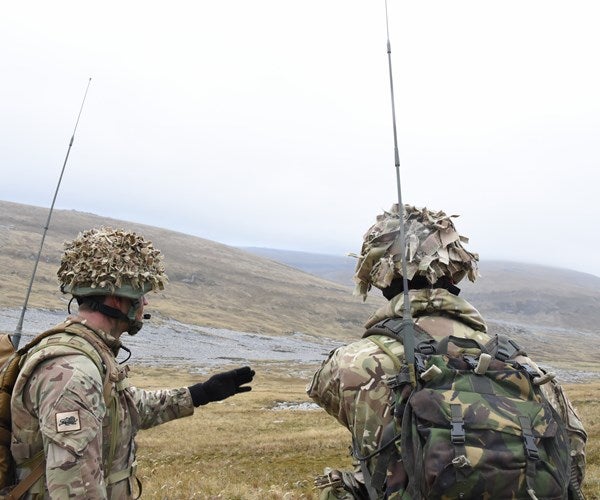British Plans for Permanent Troop Presence in the Falklands Anger Argentina
On 16 March, the UK released a policy paper under the title of “Global Britain in a Competitive Age: The Integrated Review of Security, Defence, Development and Foreign Policy”. Widely covered by international media and often shortened to “the integrated review”, one excerpt from the paper drew the vast majority of international media attention:
“In 2010 the Government stated an intent to reduce our overall nuclear warhead stockpile ceiling from not more than 225 to not more than 180 by the mid-2020s. However, in recognition of the evolving security environment, including the developing range of technological and doctrinal threats, this is no longer possible, and the UK will move to an overall nuclear weapon stockpile of no more than 260 warheads.”
However, aside from the nuclear warhead stockpile ceiling controversy, the new UK paper also succeeded in reigniting the controversy over the ownership of the Falkland Islands. British claims to the “Islas Malvinas” date back to 1690 although it would not be until 1833 that the British Empire would gain long-term de facto control. Meanwhile, Argentina continues to claim that it inherited the Falklands from Spain in 1814 and thus is the legal owner of the islands. After the 1982 Falklands War which saw the Argentinians take control of the islands for just over 2 months before a British task force arrived and reversed the Argentinian move in a forceful manner, the territorial dispute has continued. Subsequent referendums have continuously shown overwhelming support for British rule among Falklanders.

Two excerpts from the integrated review have helped reignite controversy:
“We will continue to defend the UK’s sovereignty of the Falkland Islands, South Georgia and South Sandwich Islands and ensure the interests of the 3,500 people who live there are protected in line with the principle of self-determination.
[…]
The armed forces will also maintain a permanent presence in the Falkland Islands, Ascension Island and the British Indian Ocean Territory.”
The Argentinian government was quick to respond with the foreign ministry releasing a statement accusing the UK of maintaining a “traditional colonialist view” on the Falklands issue. The country continues to demand the “return” of the islands but has also been vocal about its commitment to achieving this through peaceful means. It is worth noting that regardless of the statement made in the integrated review paper, the UK already maintains a garrison of over 1,000 on the island.

